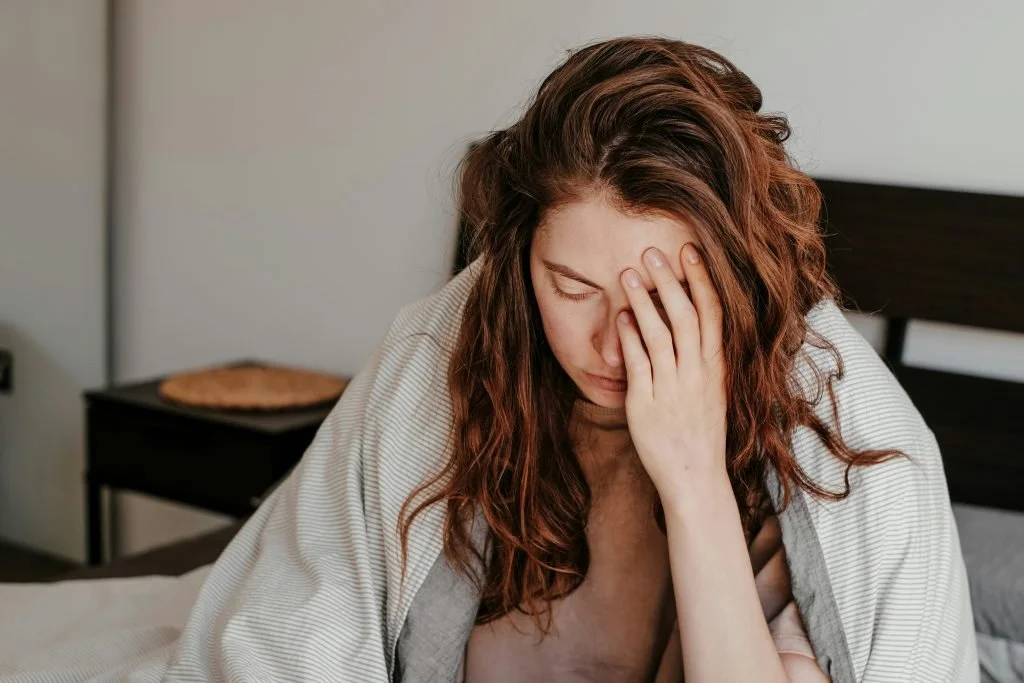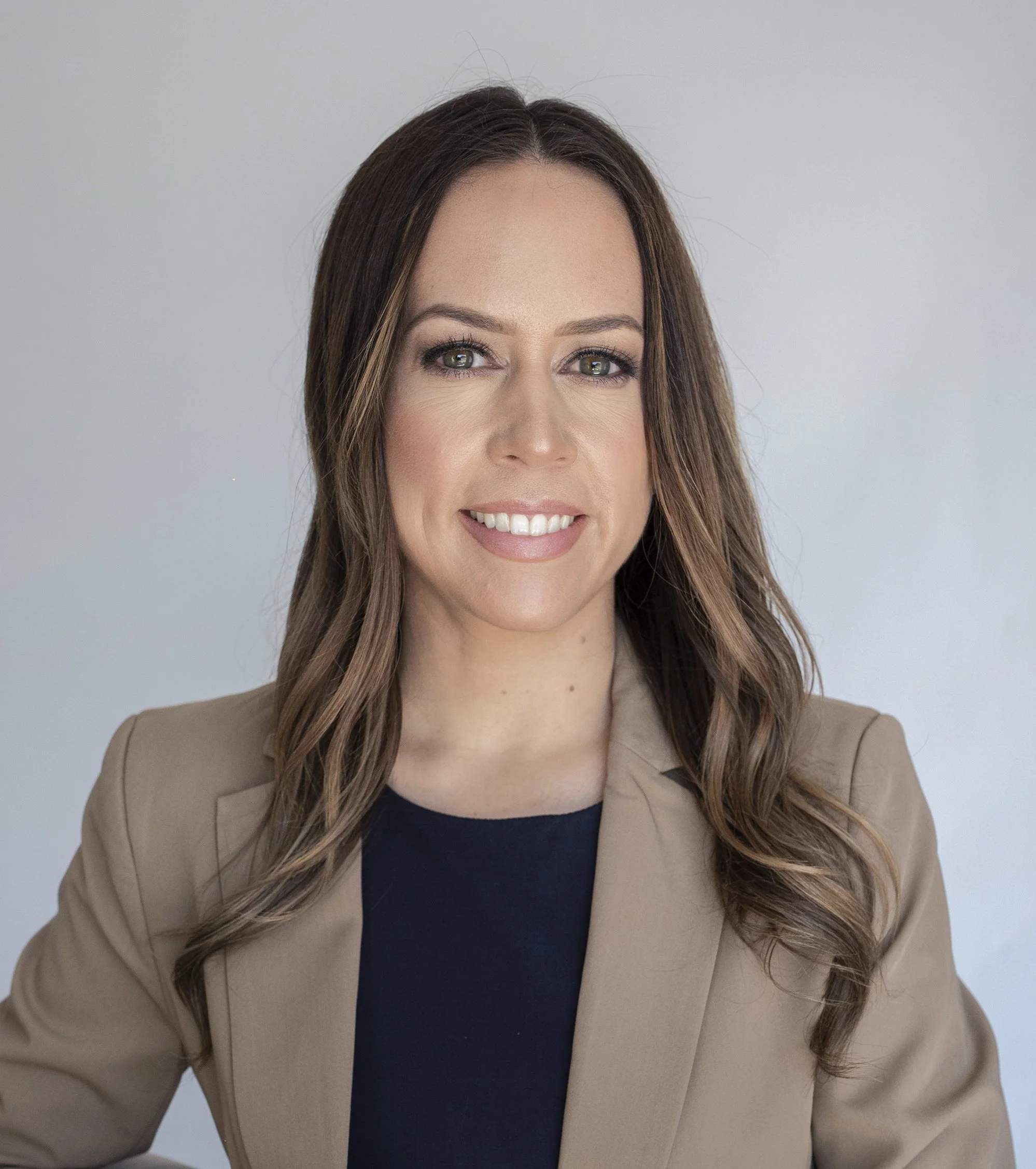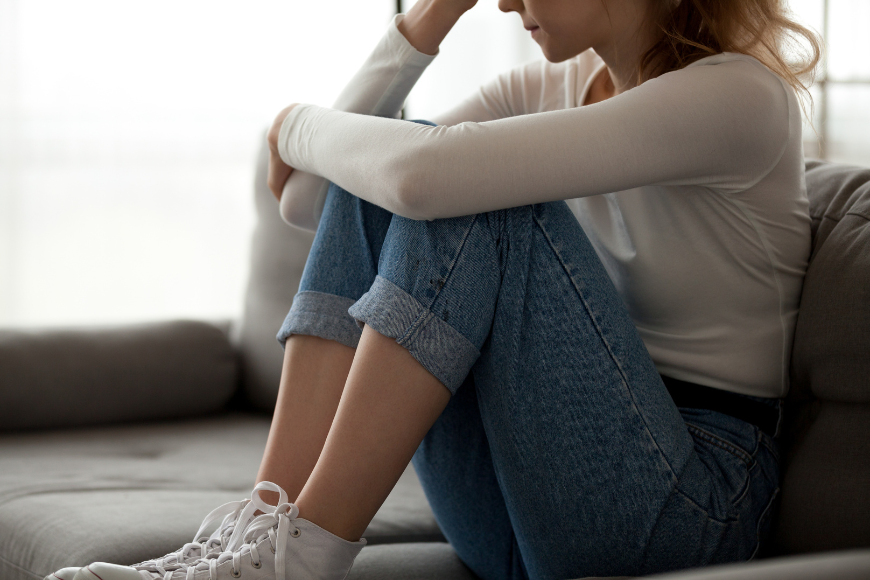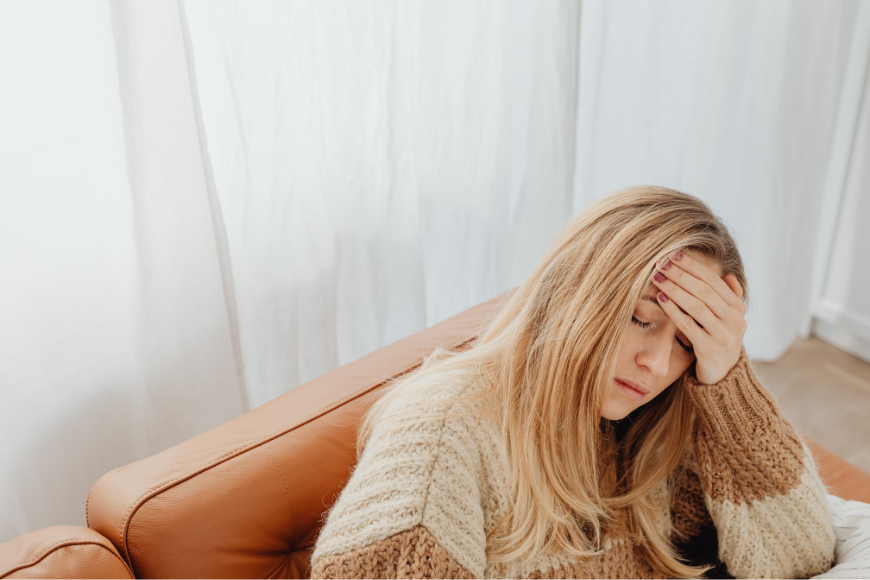The Truth About Hormonal Balance: A New Path to Relief Without the Side Effects
Takeaway: Feel like yourself again by understanding the hormonal patterns behind your mood, sleep, and energy shifts. This guide breaks down the cycle, explains why common fixes fall short, and explores a practical new solution for real relief.
Some days, you can feel your mind slipping before you even realize what’s happening. One day, you’re steady, productive, connected. A few days later, you’re anxious, short-tempered, not sleeping, and wondering if something is seriously wrong. These aren’t random mood swings—they follow a pattern. And for many women, that pattern is hormonal.
Your menstrual cycle isn’t just about your period. It affects how you feel, think, sleep, eat, and function all month long. And when that rhythm is off or unmanaged, it shows up in ways most people never connect to hormones: irritability, brain fog, acne, bloating, insomnia, even depression. Not every cycle comes with symptoms, but when it does, the impact can be overwhelming.
Understanding the cycle behind the symptoms
Each month, your body moves through a hormone cycle with three main phases:
Follicular phase: Starts on day one of your period and usually lasts about 10–14 days. Estrogen rises. This is when you typically feel most energized, sharp, and social.
Ovulatory phase: Estrogen peaks. Libido tends to increase. Many women feel confident and optimistic here.
Luteal phase: If the egg isn’t fertilized, estrogen drops and progesterone rises—until both fall again right before your period. This is where mood swings, fatigue, anxiety, and insomnia tend to show up.
For those with PMDD (premenstrual dysphoric disorder), these shifts aren’t just inconvenient—they’re debilitating. But even for those without PMDD, the luteal phase can feel like a slow unraveling.
Why the usual fixes often fall short
Traditional treatments like birth control or SSRIs work for some, but not everyone. And they often come with side effects: lowered libido, emotional numbness, or physical discomfort. On the other end of the spectrum, many natural remedies sound promising but feel impractical. Tracking ovulation, blending seeds, planning specific meals—it’s a lot to manage on top of everyday life.
That’s where Two Moons comes in. When I interviewed Dr. Ulrika Kausner and Terry Chang, I saw firsthand how lived experience and medical insight can combine to offer something actually useful. Terry’s years of PMDD symptoms led her to try seed cycling—a practice where you consume flax and pumpkin seeds in the first half of your cycle, then sunflower and sesame seeds in the second half. These seeds contain lignans and minerals like magnesium and zinc that support hormone regulation naturally.
Dr. Kausner helped turn this practice into something much more doable: two capsules per day, tailored to each half of the cycle. Zest supports the follicular phase with nutrients that align with rising estrogen. Zen supports the luteal phase with ingredients like chasteberry, which has been studied for its role in easing PMS and PMDD symptoms.
What women are actually experiencing
Women using Two Moons are reporting fewer mood swings, better sleep, less bloating, and clearer skin. One woman with a history of long, irregular cycles began to regulate at 28 days. Another, who battled hormonal acne for years, saw her skin clear in under two months.
These aren’t miracle claims—they’re the result of aligning with what your body needs instead of overriding it.
Hormonal health is foundational health
If you’re experiencing emotional shifts, fatigue, or other symptoms around your cycle, it’s not something to dismiss. Hormonal balance affects your mental clarity, your relationships, your ability to show up for your life. And you don’t need to “push through” or normalize that discomfort.
There are ways to support your body that don’t require prescriptions or extreme diets. Hormonal balance supplements like Two Moons offer a grounded, practical tool backed by both research and real-world experience. They won’t erase every symptom, but they can make the cycle feel a lot more manageable.
You deserve to feel like yourself, more of the time. And that starts with understanding what your body is doing and how to help it, gently and consistently.
If you're ready to feel more like yourself again, reach out for a free consultation.
MEET THE AUTHOR
Justine Carino
Justine is a licensed mental health counselor with a private practice in White Plains, NY. She helps teenagers, young adults and families struggling with anxiety, depression, family conflict and relationship issues. Justine is also the host of the podcast Thoughts From the Couch.





